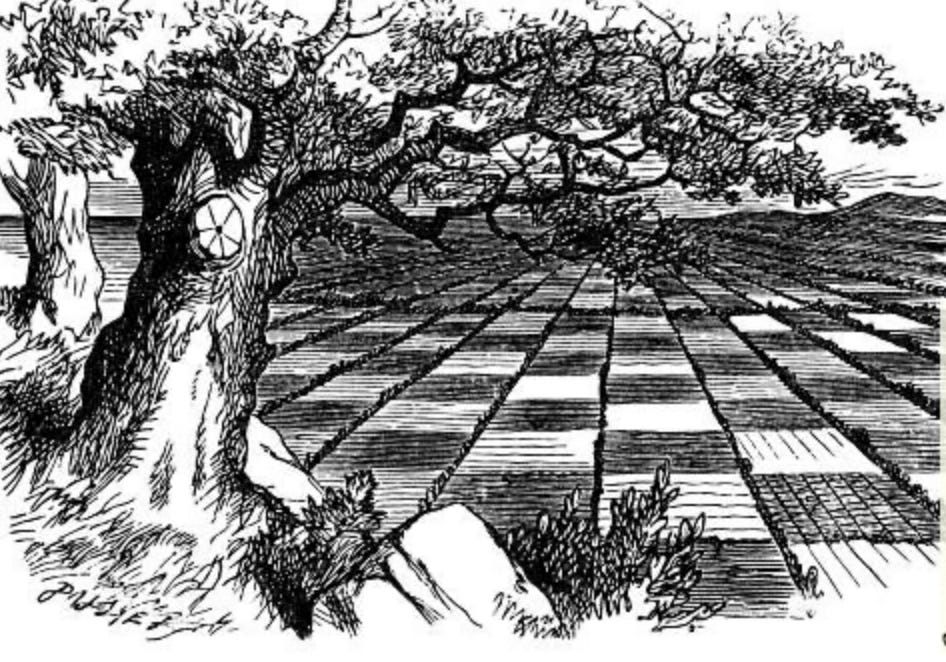On Home and Horizon
The Cosmopolitan/Provincial Divide (Class Series, Essay 4)
“The world-city means cosmopolitanism instead of home.” — Oswald Spengler, The Decline of the West
Every republic breaks on this question: home or horizon. Rome fell when its citizens ceased to be rooted; America risks the same fracture as its elites belong everywhere and its people belong only to their towns. The division between cosmopolitan and provin…



